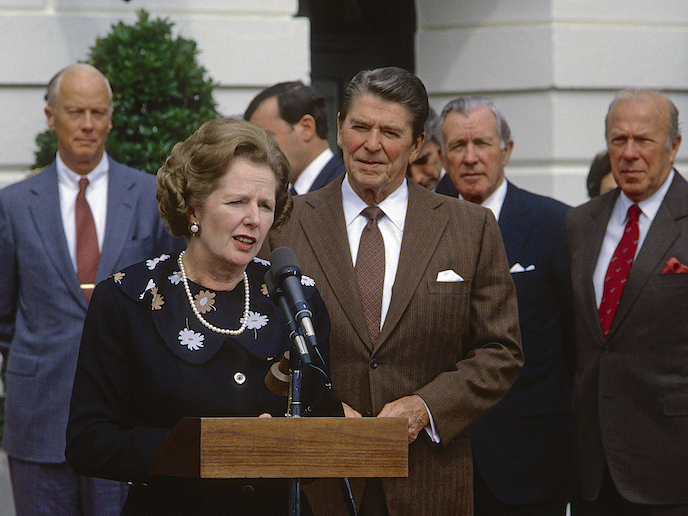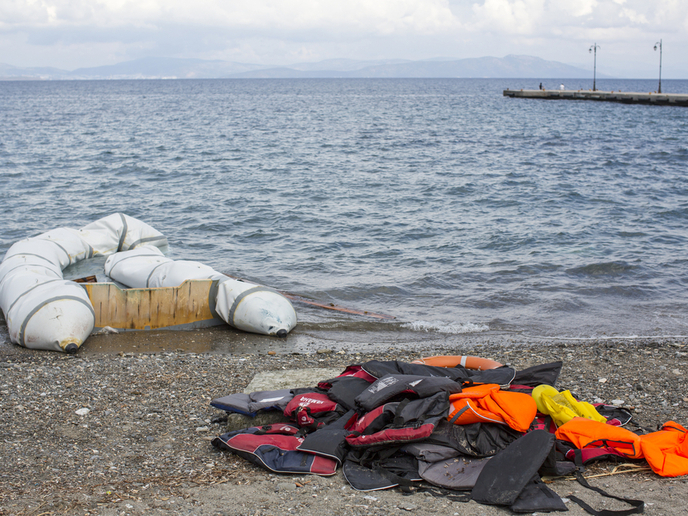How the rising backlash against international institutions can spread
In 2015, Greece voted against austerity measures demanded by the International Monetary Fund and almost plunged out of the European project. In 2016, the United Kingdom voted to leave it. The same year saw the election of an American president minded to withdraw his country from various international treaties. These seismic votes reflect a widespread and growing backlash against institutional agreements termed ‘mass-based disintegration’. Academics are working to understand the broader implications of this societal shift, yet theoretical tools have not quite kept up with the dramatic pace of change. “For decades, international relations research mostly focused on how international institutions are created and how they function, rather than how they are challenged,” explains Stefanie Walter(opens in new window), professor in the Institute of Political Science at the University of Zurich. “This has now started to change, not surprisingly given the real-world developments we are witnessing,” she adds. Through the DISINTEGRATION(opens in new window) project, which was funded by the European Research Council(opens in new window), Walter examined the impacts of mass-based disintegration, focusing on the impacts of votes in other countries: whether disintegration in one Member State encourages voters elsewhere to follow suit or dissuades them from doing so. “The potential for contagion of disintegration bids is considerable, as contagion effects are transmitted via the media and political parties, and affect policymaking through their effects on public opinion,” says Walter. “This makes policymaking more challenging, because the consequences of individual policy decisions reverberate much more widely than is often anticipated.”
Studying the spread of disintegration across borders
Walter explored the reaction to such votes in other countries on three levels of analysis: voters, discourse (parties and media) and governments. On the individual voter level, she conducted several public opinion surveys. On the discourse level, she analysed how political parties and the media speak about international cooperation, and how tone and positioning change over the course of disintegration processes using large language models to study newspaper articles and parliamentary speeches. Finally, on the government level, Walter carried out a qualitative comparative analysis of several instances where individual governments had to respond to non-cooperative referendum votes.
Advancing disintegration research
The project demonstrated that mass disintegration in one country can indeed influence voters and political actors in other countries. Another key outcome was a theoretical framework to understand responses to disintegration, which points to trade-offs between accommodation vs non-accommodation and the consequences of each strategy. Finally, the project showed how important it is to take mass politics seriously when analysing international organisations. “The goal of the project was to push research on non-cooperation and disintegration in international relations forward and to provide insights that are also useful for the policy community,” notes Walter. “I think we have succeeded on both counts.”
Dissemination of disintegration research
So far, project-related publications have over 1 000 citations on Google Scholar, demonstrating the widespread academic impact of the research. Walter is now working with a group of scholars, who are applying her dilemma framework in various other areas, from nuclear proliferation to development aid. Walter has written several blog posts and newspaper articles about the work, appeared on TV and radio and shared project results with the Swiss Ministry of Foreign Affairs and the main Swiss business association. “The main lesson is that responding to non-cooperation is difficult, and that policymakers should take not only short-term material costs into account, but also the long-run reputational consequences,” says Walter.







